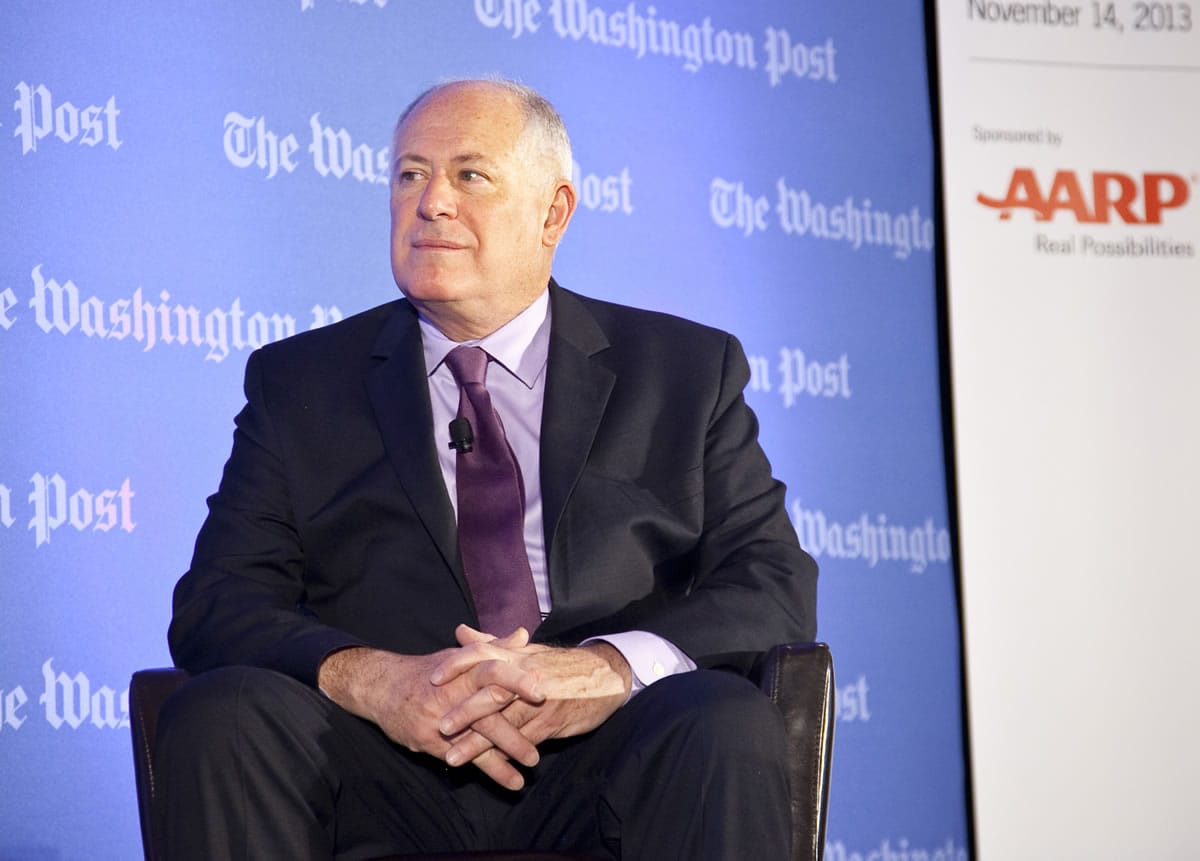As Americans age, and living well into the 90s or even past 100 is increasingly common, the nation is facing a crisis in caring for the elderly.
It can be particularly hard on the middle class — those not poor enough to qualify for federal benefits for long-term care and not wealthy enough to afford the high cost of assisted-living facilities or in-home helpers. In fact, much of the daily care for aging parents is done by family members — typically a middle-aged daughter who also is juggling a job and raising children.
It’s not always older relatives who need help. Severely injured veterans and children with special needs require constant care, too. Neighbors and friends also are a growing part of this quiet army of caregivers whom President Barack Obama has described as “humble heroes.” Many of them, he said, “have put their own lives on hold to lift up someone close to them.”
To spotlight an issue that is changing the rhythm of daily life formany families, The Washington Post recently held “Caregiving in America” forums in Chicago and Seattle. Excerpts from speakers at those events are included in this special report.



